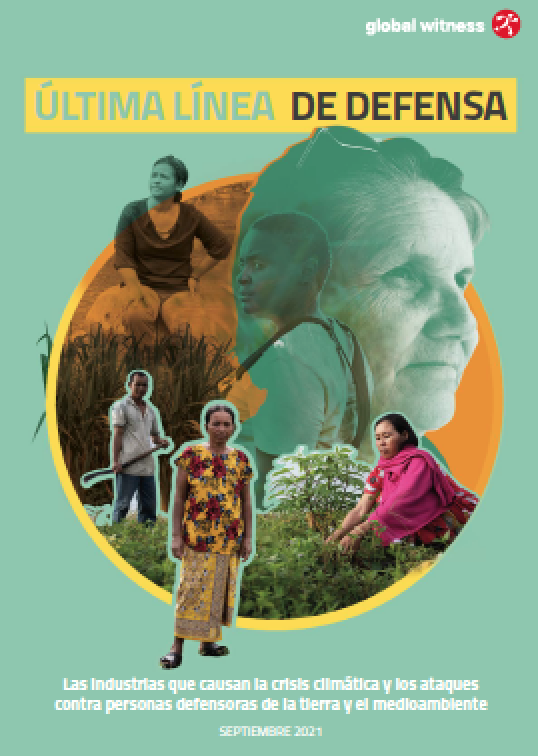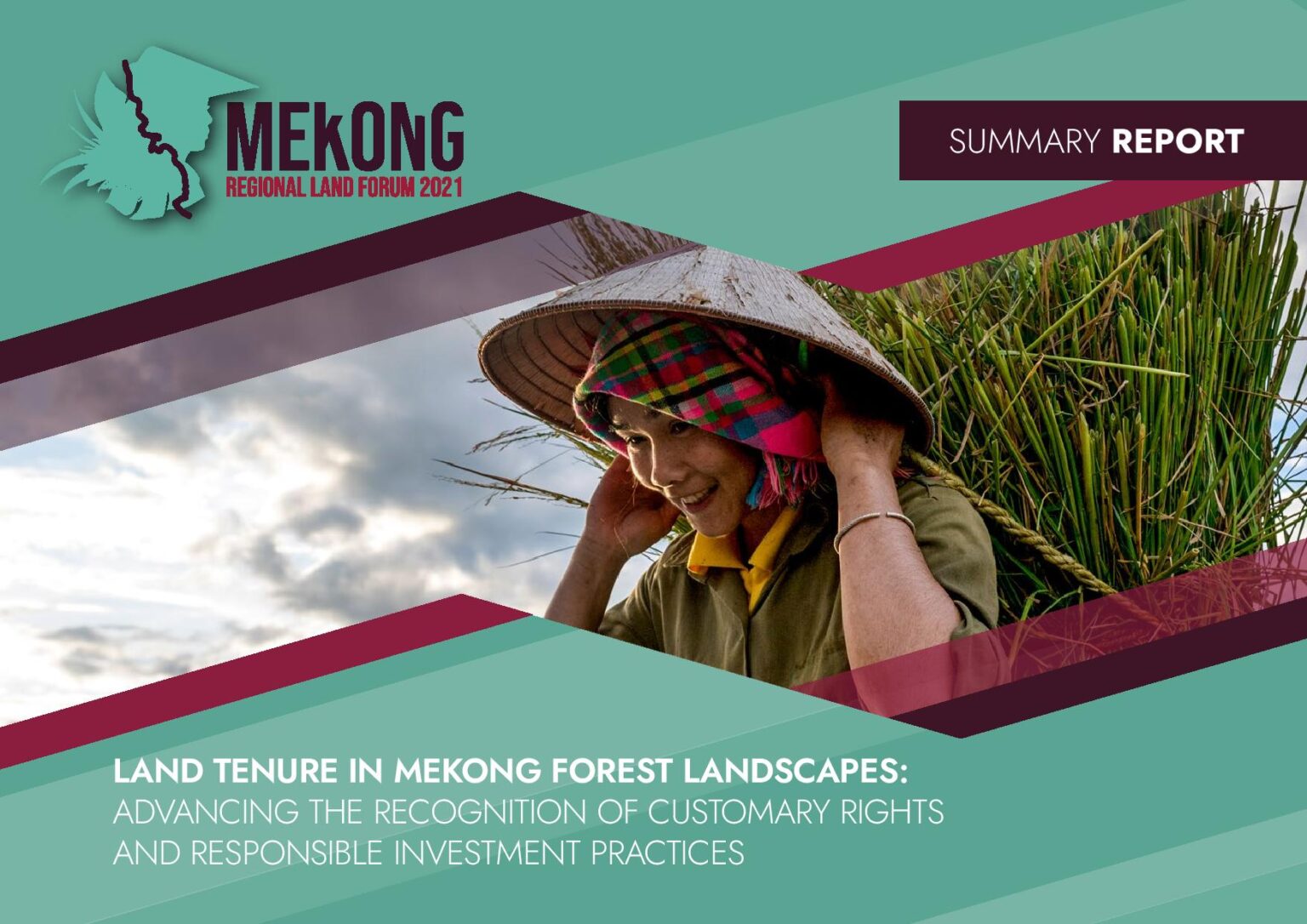Memoria. Ciclo de Conversatorios. Comunidades: Nuevas Estrategias para Viejos Desafíos
Recién con la Constitución de 1920 las comunidades lograron su reconocimiento por el Estado peruano, iniciándose la protección de sus tierras para frenar el apetito de los hacendados criollos, régimen que cambió drásticamente en 1993. Pero la seguridad sobre las tierras comunales siguió, y sigue siendo aún un compromiso que nuestro Estado no ha honrado. Por el contrario, el saneamiento de las tierras comunales es un tema pendiente, que mantiene a las comunidades campesinas y nativas en condición de desventaja frente a inversionistas privados, proyectos estatales e incluso de invasores.






